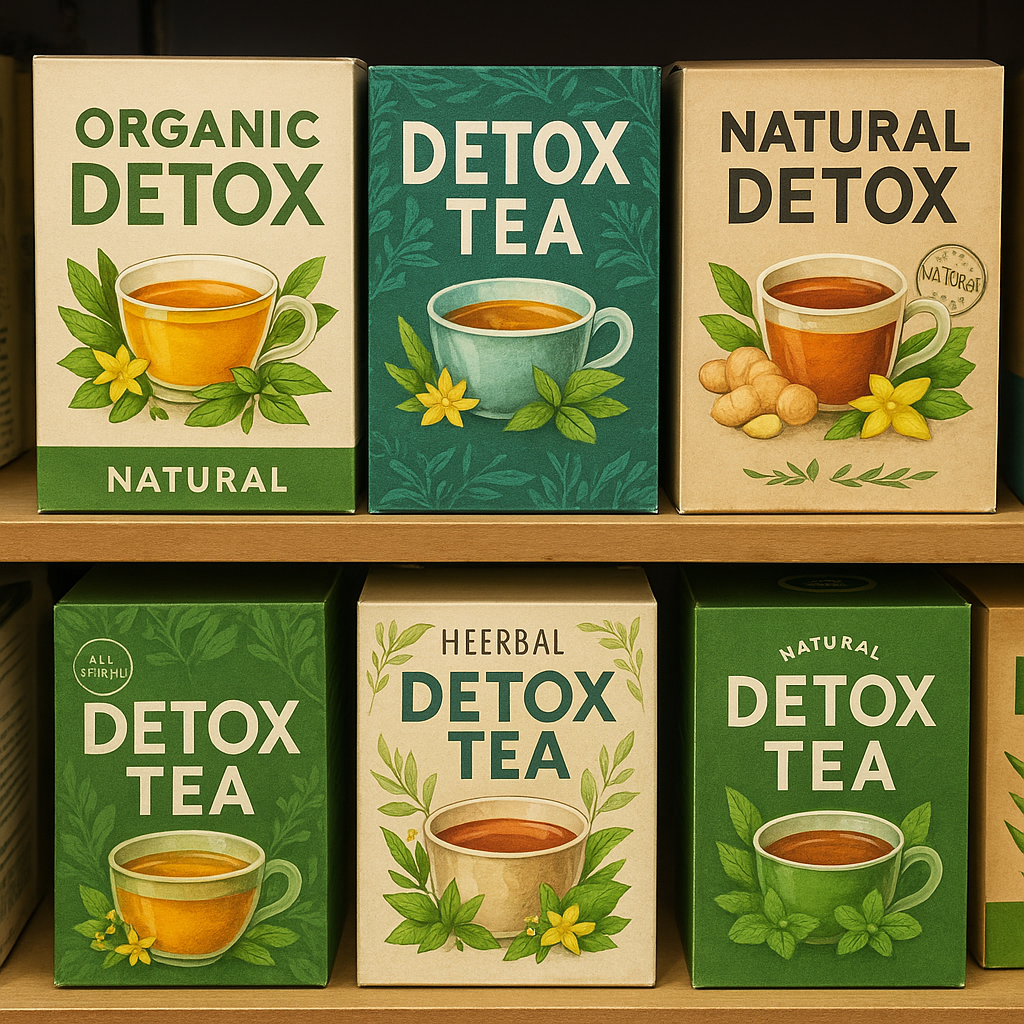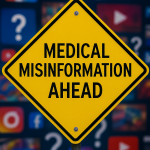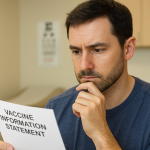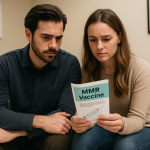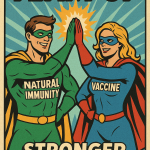You’re not wrong to want what’s natural. But you deserve what actually works.
🌿 “Natural” Feels Safe. That’s the Point.
You care about your health. You read labels. You ask questions. You want to keep your family safe without overmedicating or overtrusting companies that don’t earn it.
That instinct is good. It means you’re paying attention.
But the word “natural”? It’s become a marketing tool—one that plays on that instinct while offering little in return.
🧬 When “Natural” Was Our Only Option
Before modern medicine, “natural” was all we had. Herbs. Roots. Hope.
And what did that world look like?
- Tooth infections could kill people in their 30s
- Childbirth was a coin flip
- Smallpox left survivors scarred or blind
- Half of all children didn’t live to see their fifth birthday
That wasn’t a golden age of wellness. It was a time when nature’s limits meant heartbreak.
But nature also gave us clues. Willow bark led to aspirin. Mold became penicillin. Science doesn’t reject nature—it builds on it. It turns tradition into proof.
💊 “Natural” Became a Brand
Let’s be honest: “natural” isn’t just a lifestyle anymore. It’s a marketing strategy.
“Natural immunity.” “Natural healing.” “Natural detox.”
It’s on supplement bottles, influencer reels, and every aisle of your local wellness store. But beneath the earthy fonts and feel-good slogans, the promises often rest on vibes instead of evidence.
The truth? Most parents today are blending healthy habits with proven care. They vaccinate their kids and serve smoothies. They use lavender oil for stress and trust antibiotics when their child has strep. That’s not a compromise. It’s common sense.
Modern wellness isn’t about rejecting medicine. It’s about choosing what works—and demanding proof from everyone, not just Big Pharma.
📉 What’s the Risk?
Sometimes, “natural” works. Ginger soothes nausea. Honey helps a sore throat.
But sometimes, it delays what really works.
- A detox tea instead of seeing a doctor
- Vitamins instead of actual treatment
- “Natural immunity” instead of safe, proven vaccines
You’re not trying to gamble. You’re trying to protect. But if you’re skipping what works—based only on the promise of “natural”—you might be risking more than you think.
🧪 Ask for Proof—From Everyone
Turmeric. Echinacea. Essential oils.
Some may help. Others are untested. A few are outright dangerous.
Meanwhile?
- The measles vaccine is 97% effective and has saved millions of lives
- Medications go through years of testing and post-market surveillance
- Treatments are constantly refined to minimize harm and maximize benefit
And they work best when used in time.
You wouldn’t wait to put on a seatbelt until after the crash. Don’t wait to protect your health until it’s too late.
✅ A Simple Checklist for Smarter Health Choices
Here’s how to cut through the noise without giving up your values:
🧠 Proof: Has it been studied? Peer-reviewed?
🔒 Safety: Is it monitored for side effects?
🔗 Compatibility: Can it work with other care you’re getting?
🔍 Transparency: Are ingredients and claims clear and verifiable?
If the answer is yes to all four? Great. If not? Keep asking.
You’re not being difficult. You’re being smart.
❤️ You Deserve Both
You’re allowed to love smoothies and science. Lavender oil and lab reports. Nature and knowledge.
So the next time a product or influencer leans hard on “natural” as a reason to trust them, pause.
Is it really safer—or just better marketed?
Is it proven—or just pretty?
Is it helping you—or just profiting from your fear?
🧭 Final Word
“Natural” isn’t the enemy. But it’s not enough.
If something matters—your child’s health, your body, your peace of mind—it deserves more than a promise. It deserves proof.
And if “natural” is your only reason for saying no to something? Ask again.
Your family deserves every real advantage we’ve earned—from nature, from science, and from centuries of learning the hard way.
Keep what works. Question what doesn’t. Demand better.
Last Updated on June 27, 2025

